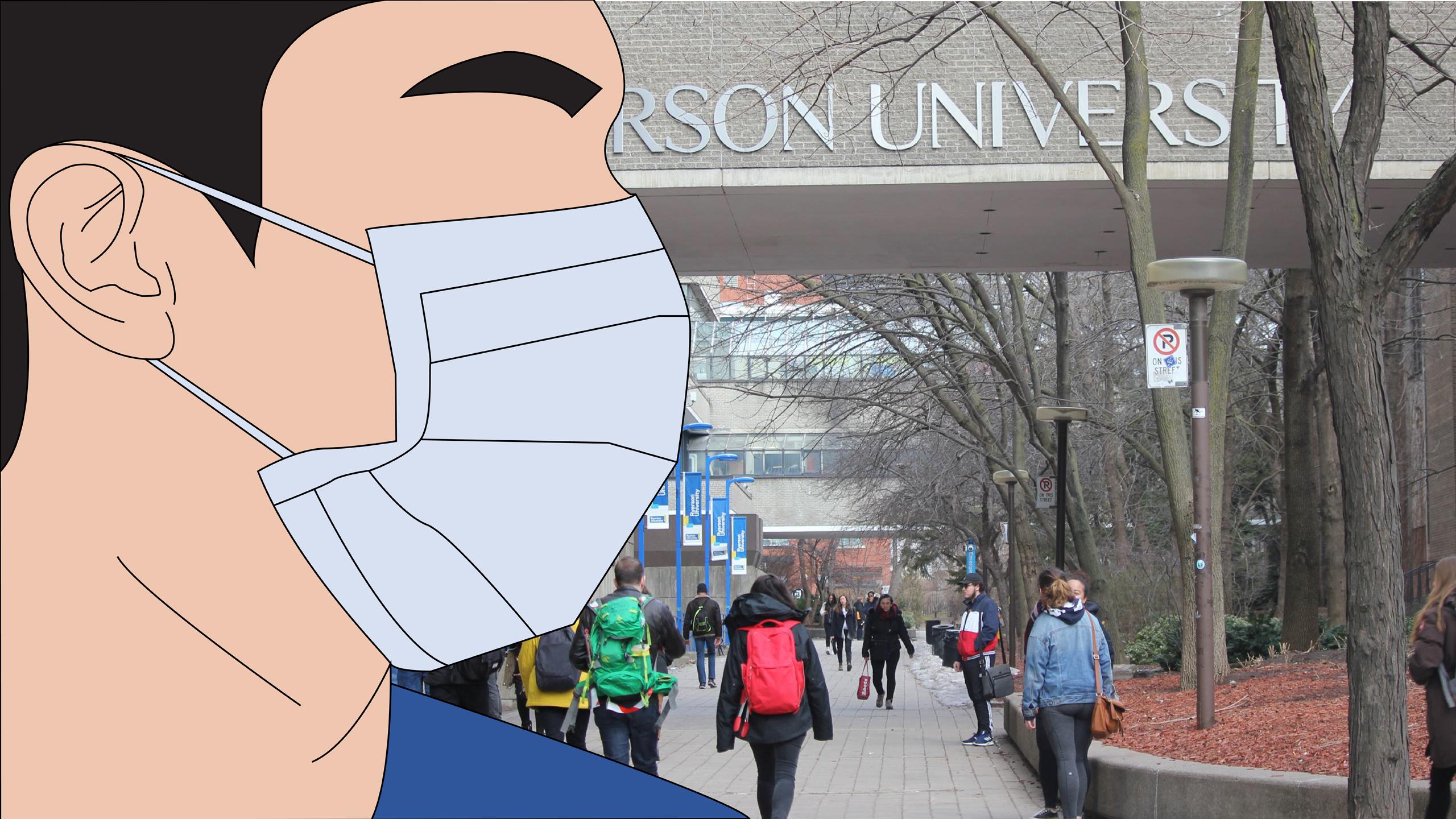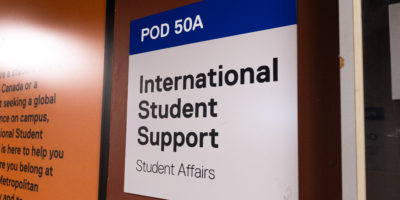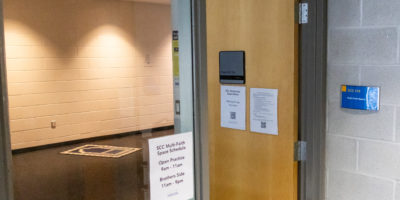By Sarah Tomlinson
Fake posts regarding a possible coronavirus outbreak on campus has created unnecessary panic, says one Ryerson professor.
On Jan. 27, a fake Ryerson security incident report was published to the r/ryerson subreddit stating that two students had tested positive for coronavirus.
Ryerson responded via Twitter to confirm the post was fake and there had been “no cases” of the virus on campus.
Ryerson University is aware that there are fake social media posts alleging that students have been admitted to hospital with the coronavirus today. There are no cases of coronavirus at Ryerson. For information on Security Alerts at Ryerson, please visit https://t.co/HDzMzq2nDh.
— Ryerson University (@RyersonU) January 27, 2020
Following the post, many students began to overreact about the severity of the virus, said Corinne Hart, associate professor of nursing at Ryerson.
Similar fake social media posts have been going around other campuses like York University, McMaster University in Hamilton and Durham College in Oshawa.
“I just want to go to class and study. I don’t want to feel anxious and existential hearing people talk about the end of the world,” said Keely Cromwell, a fourth-year psychology student.
Hart said the spreading of false rumours creates a sense of distrust between students and the university.
“If too many rumours end up circulating, people don’t know what to believe and could end up ignoring actual important advice or instructions,” said Cromwell.
Hart also mentioned that the virus outbreak itself sparked racial tensions.
“It really isolates students who might be perceived to be the people who are spreading or likely to spread the virus. That’s not healthy for a university that strives for equity and that tries to make people feel comfortable in its surroundings if we are then targeting particular groups of students,” said Hart.
“It started to be a bit racist…This virus or any virus could happen anywhere and anytime,” said Raghta Abdom, a second-year student in the master of engineering innovation and entrepreneurship program.
Coronavirus in Canada
Hart mentioned that the likelihood of the virus spreading to Ryerson is very small because of where the virus is mostly located.
On Friday, a 20-year-old woman was confirmed as the third case of the coronavirus in Ontario, according to Global News,
“[Students] should probably worry as much…about this as they’re worried about getting the flu,” said Hart.
According to the Government of Canada, it’s estimated that the flu causes about 12,200 hospitalizations and 3,500 deaths each year in Canada. So far, there have only been four confirmed cases of the coronavirus in the country, reports Global.
In addition, getting the coronavirus doesn’t mean you will necessarily die from it.
A man in his 50s—who was the first case of the virus in the province—was released from the hospital on Friday.
The fatality rate of the virus is currently estimated at around 2 per cent, the World Health Organization (WHO) said at a UN press conference in Geneva on Jan. 29.
Staying healthy
In terms of illness prevention, Hart said that basic hygiene is instrumental.
Ryerson’s website suggests sanitizing objects like keyboards, telephones and door handles frequently.
The WHO also recommends people wash their hands after coughing or sneezing, before, during or after preparing food, prior to eating and when caring for the sick.
“Washing your hands more frequently and avoiding touching your face are both really good tips that I try to follow,” said Cromwell.
Because of the hysteria of the outbreak, some people have resorted to wearing face masks.
“Unless you’re using a mask…that is just fixed to your face, then you are not really that well-protected. You’re just breathing in wet, warm air,” said Hart.
Hart said that the N95 respirator is a popular and effective mask. It filters 95 per cent of airborne particles, according to the Centre for Disease Control and Prevention.
Hart also added that masks create an environment of fear and distrust because people don’t know if the person is wearing the mask to protect themselves, or if they are wearing it because they might be a risk to others.
“I came to the university on one day [and] I was really scared, especially in the subway. Most people were wearing masks. Like, am I [safe] or not?” said Abdom.
Overall, Hart said that students need to relax a little bit, listen to information that comes from reputable sources and follow that messaging.
While Ryerson’s social media post did confirm that there were no cases of the virus on campus, some students feel the university could have handled the situation better.
“It would be better if they sent out an email about the fake image instead of just posting an announcement on social media or the website, as corrections to hoaxes are unfortunately less-seen than actual hoax images,” said Cromwell.
Nevertheless, Ryerson president Mohamed Lachemi said that the university is taking extra precautions to help protect Ryerson’s community.
“We have increased cleaning in high traffic areas, including railings and doorknobs,” said Lachemi.
He added that the Medical Centre is also handing out masks to students exhibiting flu-like symptoms.
Correction: A previous of this story wrongly identified Hart as an associate professor of a different faculty. The Eyeopener regrets this error.













Leave a Reply